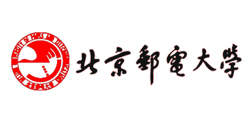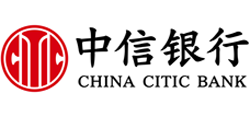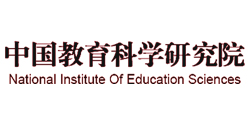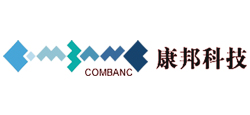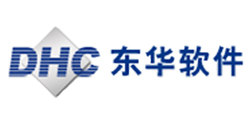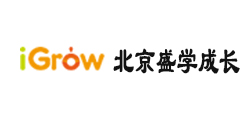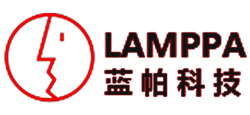-
Functionality: the degree to which a product or system provides functionality that meets explicit and implied requirements when used under specified conditions.
Completeness: coverage degree of function set to specified task and user target;
Correctness: the degree to which a product or system provides the correct result with the required accuracy;
Fitness: the degree to which functionality enables the achievement of specified tasks and goals;
Compliance: the degree to which a product complies with standards, conventions, or regulations related to functionality, and the like.
-
Performance Efficiency: Performance is related to the amount of resources used under specified conditions.
Time characteristics: the degree to which the response time, processing time and throughput rate of the product meet the requirements when performing its functions;
Resource utilization: the degree to which the maximum limit of product parameters meets the demand;
Capacity: the degree to which the maximum limit of product parameters meets the demand;
Compliance: the degree to which a product complies with standards, conventions, or regulations, and the like, relating to performance and efficiency.
-
Information security: the degree to which information and data are protected so that users have data access consistent with their authorization.
Confidentiality: the degree to which data can be accessed only when authorized;
Integrity: the degree to which unauthorized access to or tampering with computer data is prevented;
Non-repudiation: the degree to which an event can be confirmed and denied after its occurrence;
Verifiability: the extent to which an activity can be uniquely traced back to that entity.
-
Compatibility: the degree to which a product can exchange information with other products under the same hardware and software conditions.
Co-existence: the degree to which the required functionality can be performed without negatively impacting other products;
Interoperability: the degree to which two or more systems can exchange information and use it;
Compliance: the degree to which a product complies with standards, conventions, or regulations related to compatibility, and the like.
-
Ease of use: the degree to which a product can be used by a given user in terms of effectiveness, efficiency, and satisfaction.
Identifiability: the degree to which a user can identify whether a product is suitable for his or her needs.
Learnability: the degree to which a product can be used by users in terms of effectiveness, efficiency, risk tolerance, and satisfaction.
Maneuverability: the degree to which a product is easy to operate and control.
-
Reliability: the degree to which a system performs a specified function under specified conditions and within a specified time.
Availability: the degree to which a system can be operated and accessed when needed;
Fault tolerance: the degree to which a system performs as expected despite hardware or software failures;
Recoverability: the degree to which a product can recover directly affected data and reconstruct the desired system state in the event of an outage or failure.
-
Maintainability: the degree to which a product can be modified by a maintainer with effectiveness and efficiency.
Ease of analysis: the degree to which the expected changes affect the effectiveness and efficiency of the system can be evaluated;
Modifiability: the degree to which a production system can be modified effectively without introducing defects or reducing the quality of existing products;
Testability: the ability to establish test criteria for a system and determine, through test execution, the degree of effectiveness and efficiency that it is being met.
-
Portability: the degree of effectiveness and efficiency to which a system can be migrated from one environment to another.
Adaptability: the degree to which a system can effectively adapt to different operating (or using) environments;
Ease of installation: the degree to which a system can be successfully installed and/or uninstalled with effectiveness and efficiency;
Replaceability: the degree to which a product can replace another specified software product for the same purpose.
-
User documentation set requirements: information provided with the software to assist users in using the software.
Content: included functions should be testable or verifiable;
Completeness: it should contain the information necessary to use the software;
Consistency: documents should not contradict themselves, each other, or the product description.
